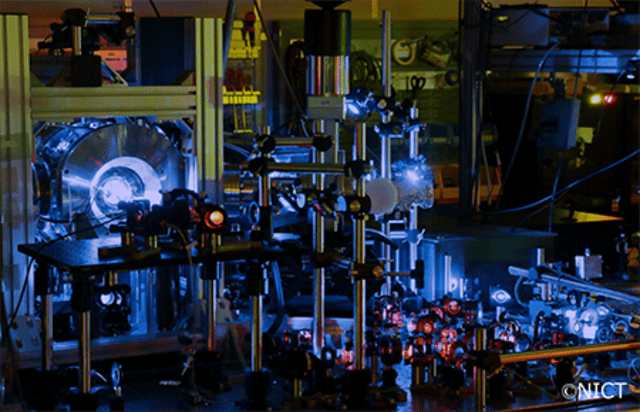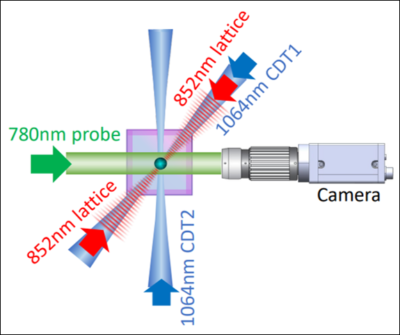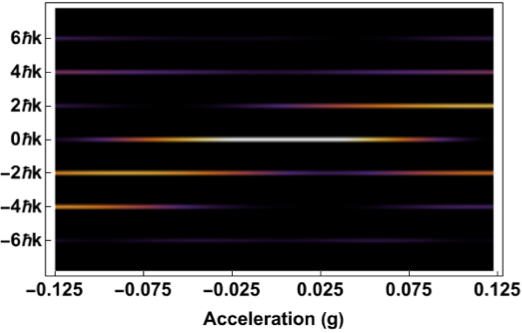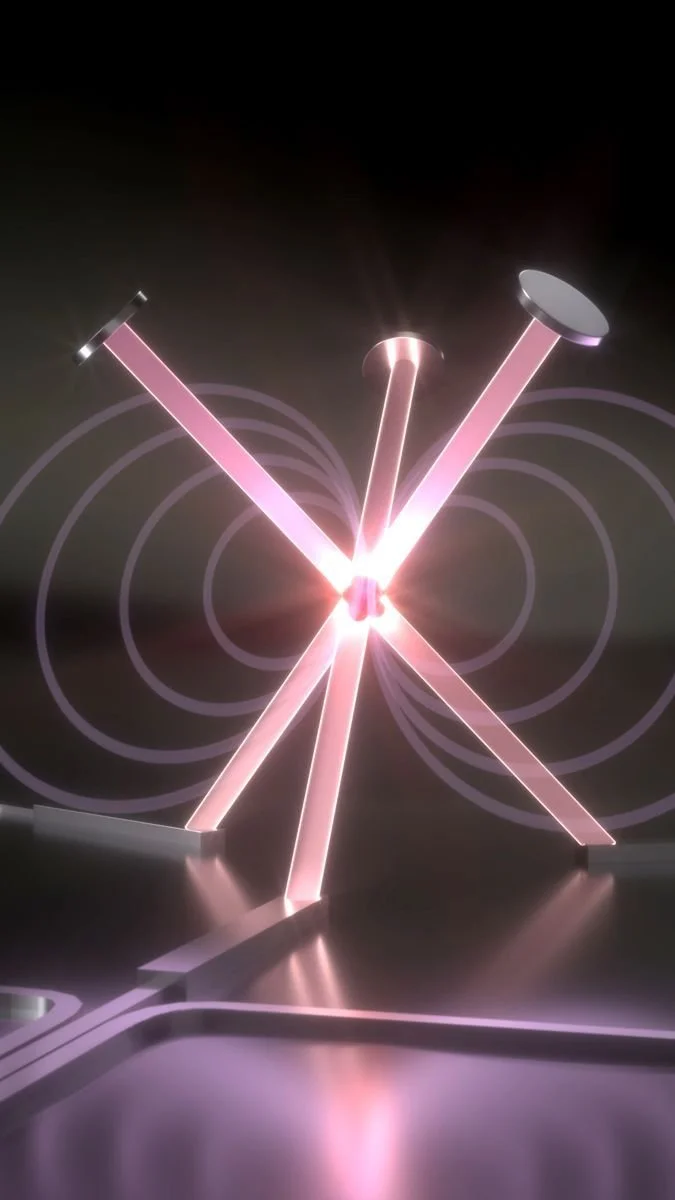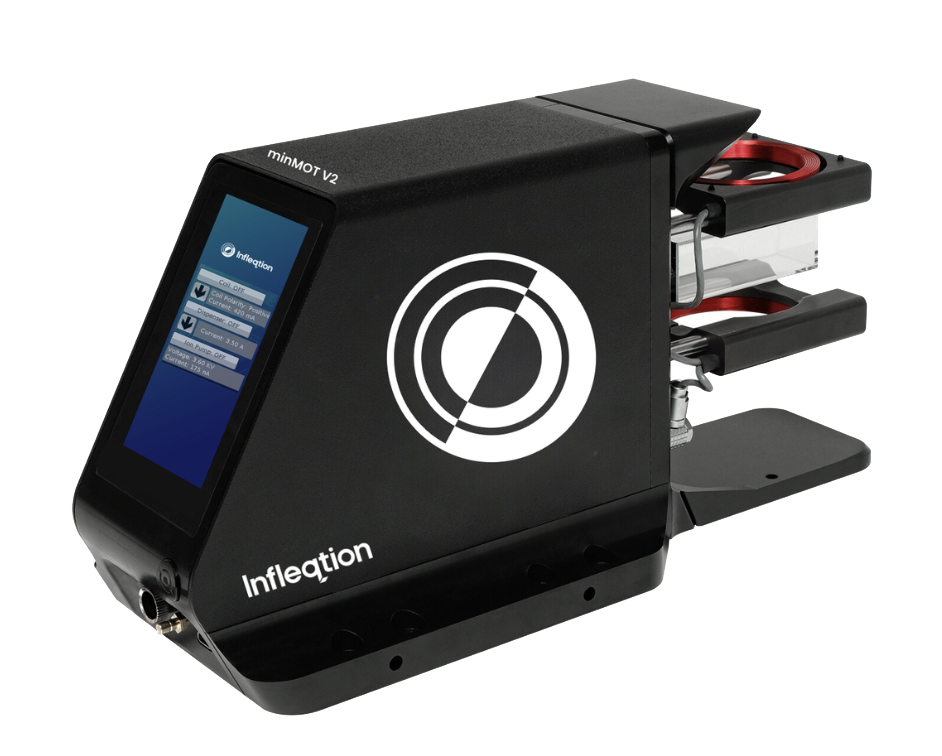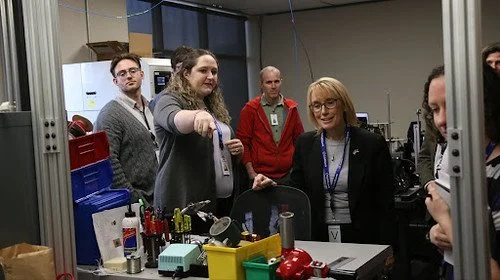Infleqtion is Awarded Funding from the UK to Build the UK’s First Commercially Available Atomic Clock
The funding will support the development of a new type of optical atomic clock that far exceeds the accuracy and reliability of current Global Navigation Satellite Systems (GNSS)-based systems.

